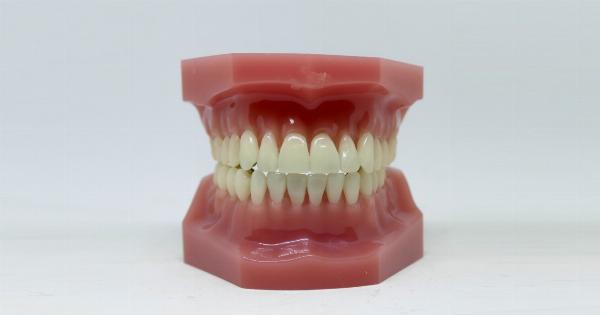Many people are self-conscious about the shade of their teeth, leading them to consider teeth whitening. Teeth whitening has become increasingly popular in recent years, with countless products and procedures available on the market.
However, before you start on your teeth whitening journey, there are a few things you should know. In this article, we’ll take a look at the basics of teeth whitening, the different types of teeth whitening, and things to consider before whitening your teeth.
What is Teeth Whitening?
Teeth whitening is the process of removing stains and discoloration from teeth and improving their appearance. The process involves using a bleaching agent or whitening product to break down the discoloration and remove it from the tooth surface.
Teeth whitening can be done in a dental office, at home with over-the-counter products, or with professional-grade products bought online.
Types of Teeth Whitening
There are three main types of teeth whitening: in-office, at-home, and over-the-counter products.
In-office Teeth Whitening
In-office teeth whitening is done by a dental professional in a dental office. A bleaching agent is applied to the teeth, and a special light or laser is often used to activate the bleaching agent and speed up the process.
In-office teeth whitening is the most expensive option but also the quickest and most effective.
At-Home Teeth Whitening
At-home teeth whitening typically involves using whitening trays or strips purchased from a dentist or online.
The trays or strips are filled with a whitening gel and worn for a certain period of time each day for several weeks, depending on the level of discoloration. At-home whitening can be more affordable than in-office whitening but can take longer to achieve desired results.
Over-the-Counter Products
Over-the-counter teeth whitening products can include toothpaste, whitening strips, whitening gels, and whitening pens. While over-the-counter products can be convenient and less expensive, they may not be as effective as professional options.
Factors to Consider Before Whitening Your Teeth
Before jumping into teeth whitening, there are a few things to consider and precautions to take:.
Existing Dental Work
Existing dental work, such as fillings, veneers, and crowns, will not be affected by whitening products. This can lead to uneven results as natural teeth become whiter than dental work.
Sensitivity
Teeth whitening can cause sensitivity in some people, especially those with pre-existing dental sensitivity. Overuse of whitening products can also lead to sensitivity.
If you experience sensitivity, consult your dentist for suggestions on how to proceed.
Pregnancy and Breastfeeding
While there is no evidence that teeth whitening negatively affects pregnancy or breastfeeding, it is recommended to avoid it during these stages to avoid any potential risks.
Age and Tooth Color
The age of a person can affect the color of their teeth, with older teeth being more yellow. Additionally, some natural tooth colors may not respond as well to teeth whitening treatments.
The Cost of Teeth Whitening
The cost of teeth whitening can vary depending on the method and extent of treatment. In-office teeth whitening can range from $500-$1000, while at-home treatments can range from $100-$500.
Over-the-counter products can be much less expensive, with prices ranging from $10-$100. It’s important to remember that cost does not necessarily indicate effectiveness.
How Long Do Teeth Whitening Results Last?
The length of time teeth whitening results last depends on a variety of factors, including the method used and individual lifestyle habits. In general, teeth whitening results can last between six months to two years.
Maintaining a good oral hygiene routine and avoiding habits such as smoking and consuming stain-causing foods and drinks can help prolong the results.
Conclusion
Teeth whitening can be a great option for those looking to improve the appearance of their smile.
Understanding the different types of teeth whitening and factors to consider before whitening your teeth can help ensure that you achieve the results you want. Consult with your dentist to determine the best course of treatment for your individual needs and desired outcome.




























